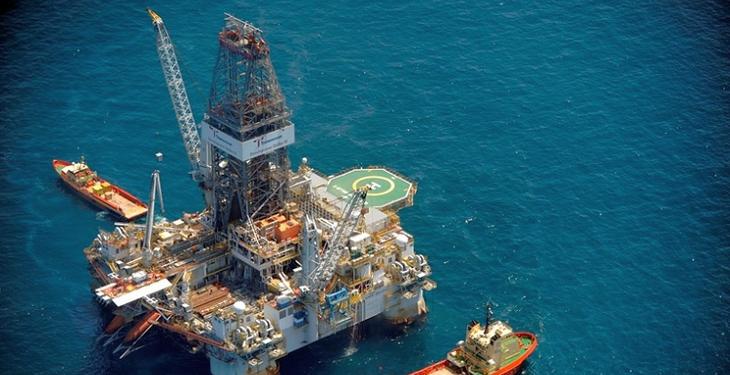The Chamber of Deputies, in extraordinary session, passed by final vote the draft Law on some measures necessary for the implementation of petroleum operations by offshore oil perimeters titleholders. The law paves the way for final investment decisions for major Black Sea gas exploitation projects.
The adopted version of the offshore law brings some important changes to the one adopted by the Senate.
Fiscal credit, ruled away from the offshore law
One is the removal of the so-called Fiscal Credit, a provision by which investors would have received additional guarantees as to the stability of the overall fiscal burden imposed by the State throughout the project duration. Following the inappropriate experience of unexpected changes to legislation on support for renewable investments, legislative risk has become the main concern of large investors. “The fiscal credit was profoundly discriminatory for the other companies in Romania”, PSD chairman Liviu Dragnea said before the final vote in the Chamber of Deputies.
Progressive tax on “additional” revenues
According to Article 19 of the Offshore Law, “the offshore extra income tax takes into account the reference price established by ANRM for the calculation of royalties”, currently benchmarked on the spot prices of the Austrian Baumgarten hub. “Transactions below the reference price are taxed at the reference price. The percentages for the calculation of the tax are calculated on the basis of gas sales prices”, on the basis of a grid of prices adjusted annually with the annual consumer price index, starting with 1 January 2019.
Thus, the additional tax will be 30, up to 50%, of the additional revenues, depending on the price level, based on a scale ranging from 85 lei per MWh to 190 lei per MWh.
“The Romanian state would thus receive 13.2 billion dollars” by applying this tax, said Liviu Dragnea, which will add to estimated revenues of 230 million dollars a year, from royalties.
50% of the production, traded in Romania
Article 20 provides that, by way of derogation from the provisions of Art. 177 of the Law on Electricity and Natural Gas no. 123/2012, with the subsequent amendments and completions, oil offshore agreements titleholders will be forced to trade at least 50% of the annual output ” through contracts on centralized, transparent, public and non-discriminatory markets in accordance with the regulations issued by ANRE”. Some of the money obtained by the Romanian state would feed a fund for public-private partnerships.
Final investment decisions will be more difficult to adopt
According to www.hotnews.ro, the heads of three companies that have leased oil perimeters in the Black Sea, ExxonMobil Romania, OMV Petrom and Black Sea Oil & Gas, declared after the meeting of the joint committees in the Chamber of Deputies, that after the adoption of these amendments, the final investment decision will be more difficult to take. “Following the change in the tax regime, it will become more difficult for each investor to take an investment decision,” said Richard Tusker, head of ExxonMobil in Romania. “After what have seen happened today, it will be harder to adopt the final investment decision to favor Romania,” said Christina Verchere, CEO of OMV Petrom. “Two years ago, we started the process of setting the framework for investing in the Black Sea. […] I can tell you with all the firmness, the text we have seen puts us in a much more difficult situation to make the final investment decision than two years ago”, said Mark Beacom, head of Black Sea Oil & Gas, quoted by www.hotnews.ro.
